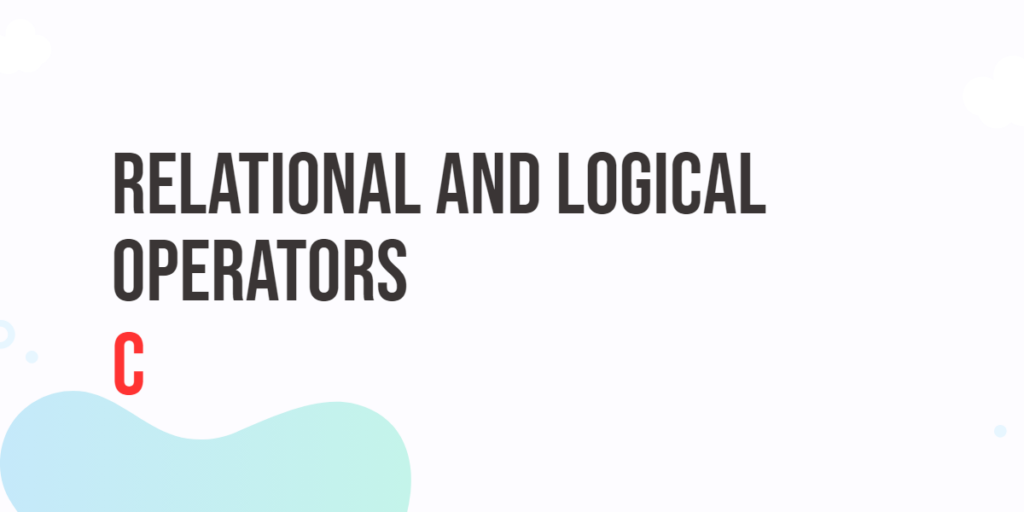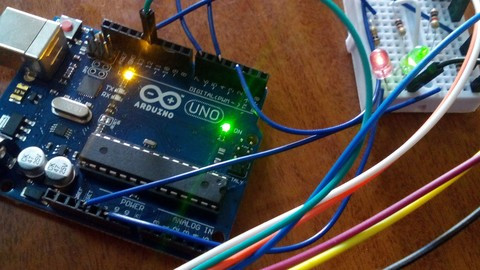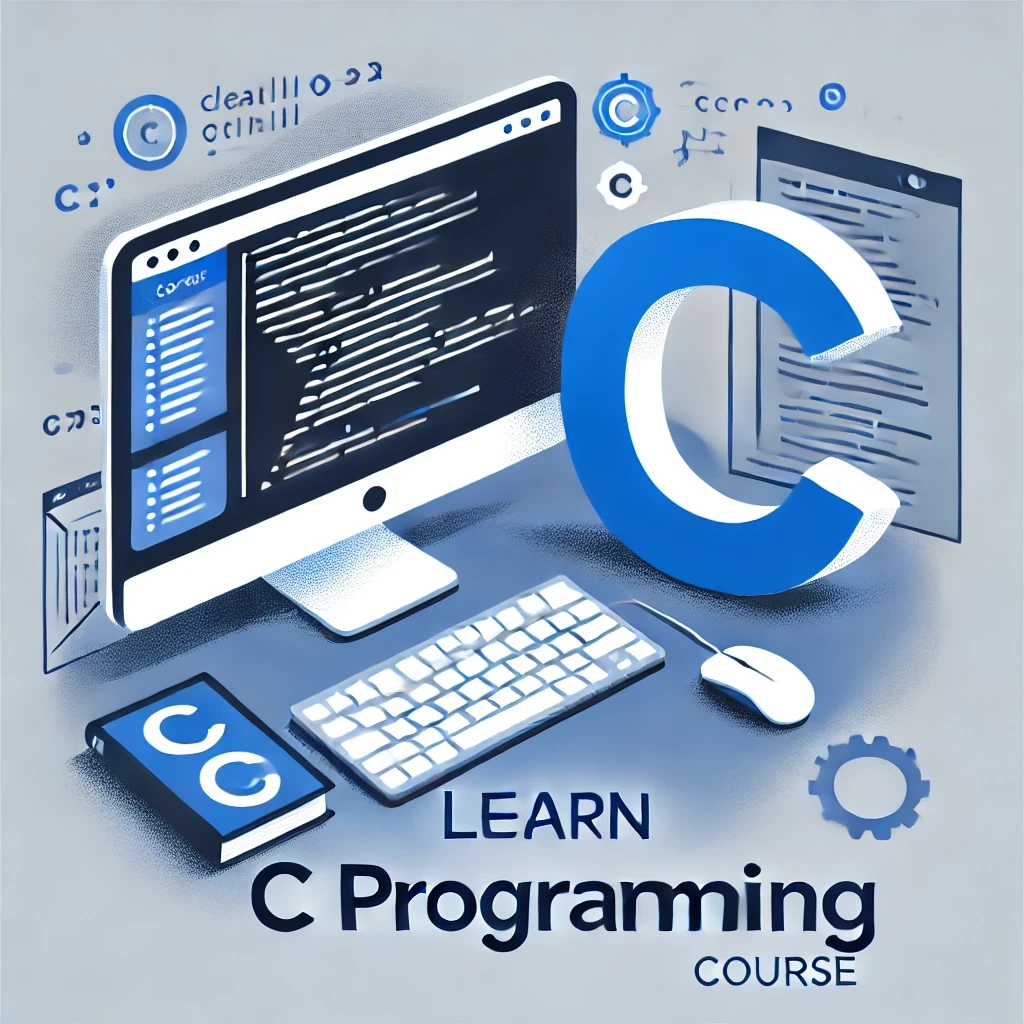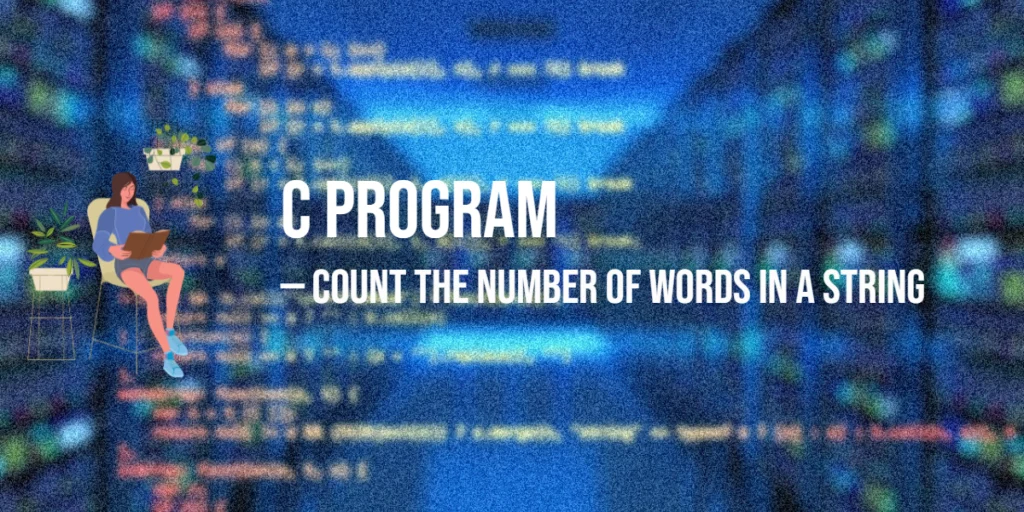In the world of programming, the C language stands tall as a timeless and powerful tool. Understanding its fundamentals is crucial for every aspiring programmer. Among the many building blocks of C, relational and logical operators are fundamental concepts that play a pivotal role in decision-making and control flow within your programs. In this article, we will discuss C’s relational and logical operators, helping you master these essential tools for creating efficient and reliable code.
Relational Operators
Relational operators in C are used to compare values and determine the relationships between them. These operators are critical for controlling program flow based on conditions. Let’s explore the most commonly used relational operators:
Equality (==)
The equality operator (==) checks if two values are equal. If they are, it returns true (1); otherwise, it returns false (0). For example:
#include <stdio.h>
int main() {
int a = 5, b = 10;
if (a == b) {
// Code inside this block will not be executed.
printf("a and b are equal.");
}
return 0;
}Inequality (!=)
The inequality operator (!=) checks if two values are not equal. If they are not equal, it returns true (1); otherwise, it returns false (0). For example:
#include <stdio.h>
int main() {
int x = 7, y = 7;
if (x != y) {
// Code inside this block will not be executed.
printf("x and y are not equal.");
}
return 0;
}Greater Than (>) and Less Than (<)
These operators compare two values to determine if one is greater than the other. If the condition is met, they return true (1); otherwise, they return false (0). For example:
#include <stdio.h>
int main() {
int age = 25;
if (age > 18) {
// Code inside this block will be executed.
printf("The age is greater than 18.");
}
return 0;
}Greater Than or Equal To (>=) and Less Than or Equal To (<=)
These operators check if one value is greater than or equal to (>=) or less than or equal to (<=) another value. If the condition is met, they return true (1); otherwise, they return false (0). For example:
#include <stdio.h>
int main() {
int score = 90;
if (score >= 60) {
// Code inside this block will be executed.
printf("The score is greater than or equal to 60.");
}
return 0;
}Logical Operators
Logical operators in C allow you to combine and manipulate boolean values. They are essential for creating complex conditions and controlling program execution. Let’s explore the three primary logical operators in C:
Logical AND (&&)
The logical AND operator (&&) combines two boolean expressions. It returns true (1) if both expressions are true, and false (0) if at least one of them is false. For example:
#include <stdio.h>
int main() {
int x = 5, y = 7;
if (x > 0 && y > 0) {
// Code inside this block will be executed
// because both conditions are true.
printf("x is greater than 0, and y is greater than 0.");
}
return 0;
}Logical OR (||)
The logical OR operator (||) also combines two boolean expressions. It returns true (1) if at least one of the expressions is true, and false (0) only if both expressions are false. For example:
#include <stdio.h>
int main() {
int a = 0, b = 10;
if (a == 0 || b == 0) {
// Code inside this block will be executed
// because at least one condition is true.
printf("a is equal to 0.");
}
return 0;
}Logical NOT (!)
The logical NOT operator (!) negates a boolean expression. It returns true (1) if the expression is false, and false (0) if the expression is true. For example:
#include <stdio.h>
int main() {
int isOpen = 0;
if (!isOpen) {
// Code inside this block will be executed
// because isOpen is false.
printf("File is not open.");
}
return 0;
}Combining Relational and Logical Operators
To create more complex conditions in your C programs, you can combine relational and logical operators. This allows you to make decisions based on multiple criteria. Here’s an example:
#include <stdio.h>
int main() {
int age = 22;
if (age >= 18 && age <= 30) {
printf("You are a young adult.\n");
}
return 0;
}In this example, we use the logical AND operator to check if age is both greater than or equal to 18 and less than or equal to 30. If both conditions are true, the message is printed.
Precedence and Parentheses
It’s essential to understand the precedence of operators when combining them. Relational operators have a higher precedence than logical operators. However, you can use parentheses to control the order of evaluation. For example:
#include <stdio.h>
int main() {
int x = 5, y = 4, z = 3;
// without parenthesis
if (x > y || y < z) {
// Code inside this block will be executed.
printf("x is greater than y.\n");
}
// with parenthesis
if ((x > y) || (y < z)) {
// Code inside this block will be executed.
printf("x is greater than y.\n");
}
return 0;
}In this example, the use of parentheses clarifies the order in which the expressions are evaluated.
Conclusion
Relational and logical operators are the backbone of decision-making and control flow in C programming. By mastering these operators, you gain the ability to create sophisticated conditions and make your code more efficient and readable. Whether you’re a beginner or an experienced programmer, a solid understanding of these operators is essential for writing robust C code.
I hope you found this article informative and useful. If you would like to receive more content, please consider subscribing to our newsletter.







